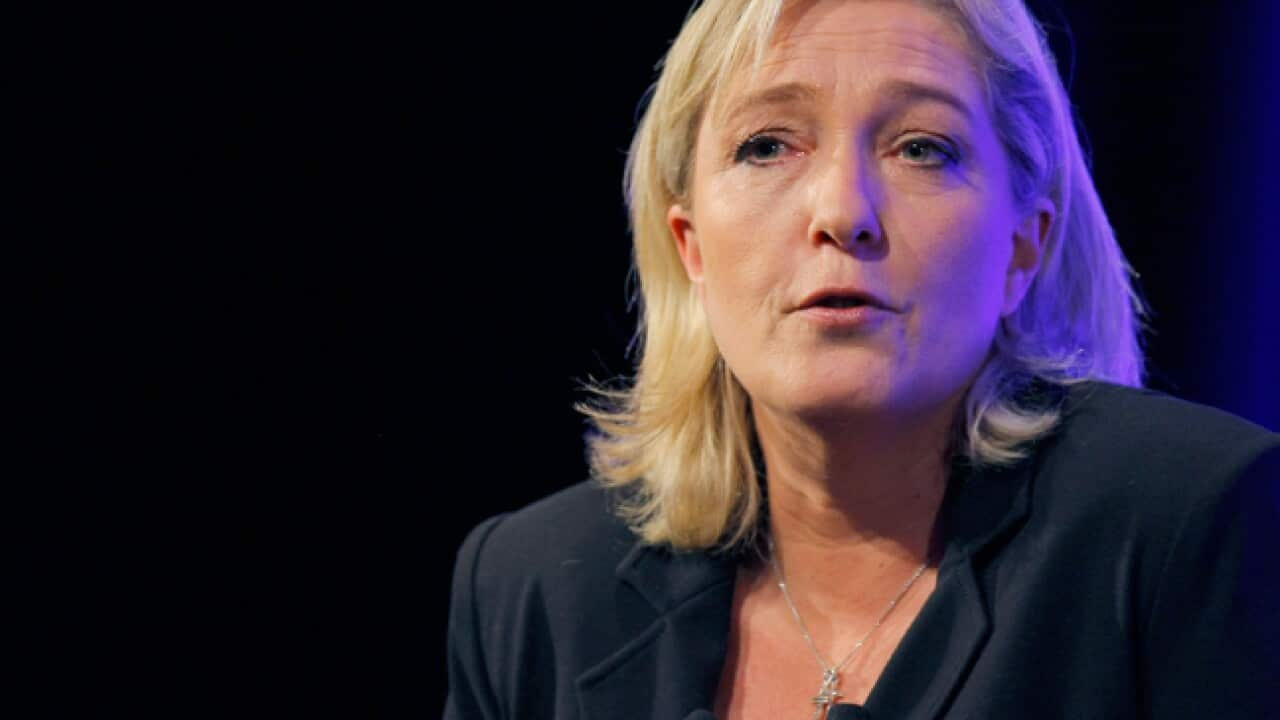Fillon, 63, won unanimous backing from leaders of his Republicans party on Monday night giving him hope he has finally silenced those who have consistently called on him to step aside over the last six weeks.
The conservative ex-premier has been in torment since January 24 when revelations first emerged that he had paid his wife and children hundreds of thousands of euros from public funds -- with little evidence of their work.
1. Fillon prospects dimmed
At the end of January, before the scandal broke, the conservative ex-prime minister was the clear favourite to win the two-stage election on April 23 and May 7.
Shortly afterwards, according to a tracker of polls compiled by AFP, he fell behind the centrist Emmanuel Macron and only one voter survey out of more than 20 since has shown him ahead of the 39-year-old.
A poll at the weekend of 1,027 voters showed only 29 percent of voters wanted the veteran politician with a nearly 40-year career to remain in the race.
"He's got some breathing space, but he needs to ask himself if he can still win the election," one sceptical MP from his party told AFP on Monday, asking not to be named.
2. The Republicans split
The party's divisions have exploded again after a bitter bout of infighting in 2012 sparked by the defeat of ex-president Nicolas Sarkozy who unsuccessfully sought re-election.
Fillon has been hit by a blizzard of criticism from lawmakers close to Sarkozy and ex-premier Alain Juppe, as well as ex-prime minister Dominique de Villepin who warned him about taking the party into an "abyss".
However, members like Guillaume Larrivé have taken to Twitter to say they're backing Fillon because "an indictment is not a conviction."
On the ground, Republican activists and lawmakers say they have found it difficult to go out campaigning to face often hostile voters.
"To say it's been easy would be lying," an MP from the eastern city of Lyon, Dominique Nachury, told AFP last month as she and fellow activists handed out leaflets in the centre of the city.
3. The outsiders gain
The disarray appears to have benefited centrist, pro-business candidate Macron in particular, as well as far-right leader Marine Le Pen, polls and interviews with voters suggest.
Macron only founded his party "En Marche" ("On the Move") last April but events have reinforced his message of the need to overthrow the "same men and the same ideas."
Recent polls show Macron now closing in on Le Pen in the first round of the vote on April 23, with around 25 percent of the vote.
They would both progress to the run-off on May 7 -- breaking the post-war monopoly of France's traditional parties -- with Macron seen as the most likely winner.
The Fillon spectacle has led some voters to give up hope on the political class, favouring Le Pen and her National Front (FN) party's anti-elite message -- or choosing to abstain.
"I'm tempted to vote National Front even though I don't share a lot of their ideas," unemployed worker Michel Travigne, 51, told AFP in a bar in a village near Fillon's home region of Sarthe last week.
"It's just to get rid of everyone," he explained.
4. Institutions under attack
Fillon and his wife Penelope are set to be charged for suspected embezzlement of public funds later this month.
In press conferences and speeches, he has repeatedly denounced a politically motivated investigation, suggesting it was ordered by the government and abetted by a biased media.
His attacks have shocked some observers.
"The way that (US President Donald) Trump has defied the justice system and attacked the media, calling them 'fake news', I think in a way it's encouraging Fillon and Marine Le Pen to copy," Herve Le Bras, a veteran political watcher and demographer, told AFP last week.
5. Everyone else drowned out
"It has dominated all the space. There's a feeling of frustration to put it mildly," Jerome Guedj, a spokesman for Socialist party candidate Benoit Hamon, told AFP.
Senior Socialist figure Jean-Christophe Cambadelis worries that "the winner will be elected by default without there being the possibility to ever really subject their programme to scrutiny."
Candidates such as the hard-left Jean-Luc Melenchon have continued campaigning but largely out of the public eye.
6. Morbid fascination
Though polls show growing distrust for both politicians and the media, television viewing figures and newspaper sales have surged as voters tune in to an extraordinary election campaign.
Little has gone to script so far in the campaign in which France's future as well as the European Union's is in play.
"Viewers are passionate about this election. The news is unprecedented, audience figures are too," said Alain Weill, head of SFR Media which owns rolling-news channel BFMTV.













